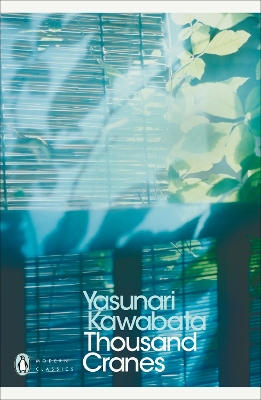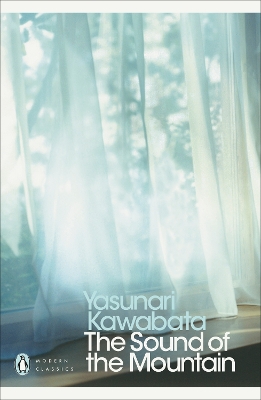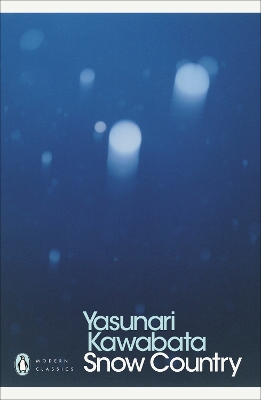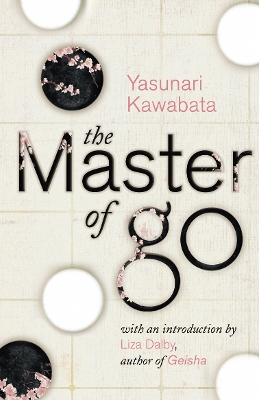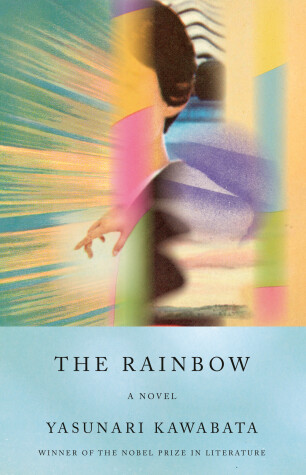Vintage International
6 total works
A tale of wasted love, and beauty, by Japan's literary master
Shimamura is tired of the bustling city. He takes the train through the snow to the mountains of the west coast of Japan, to meet with a geisha he believes he loves. Beautiful and innocent, Komako is tightly bound by the rules of a rural geisha, and lives a life of servitude and seclusion that is alien to Shimamura. Snow Country is both delicate and subtle, reflecting in Kawabata's exact, lyrical writing the unspoken love and understated passion of the young Japanese couple.
Go is a game of strategy in which two players attempt to surround each other's black or white stones. Simple in its fundamentals, infinitely complex in its execution, it is an essential expression of the Japanese sensibility. And in his fictional chronicle of a match played between a revered and invincible Master and a younger, more progressive challenger, Yasunari Kawabata captured the moment in which the immutable traditions of imperial Japan met the onslaught of the twentieth century.
The competition between the Master of Go and his opponent, Otaké, is waged over several months and layered in ceremony. But beneath the game's decorum lie tensions that consume not only the players themselves but their families and friends - tensions that turn this particular contest into a duel that can only end in one man's death. Luminous in its detail, both suspenseful and serene, The Master of Go is an elegy for an entire society, written with the poetic economy and psychological acumen that brought Kawabata the Nobel Prize for Literature.
With the Second World War only a few years in the past, and Japan still reeling from its effects, two sisters—born to the same father but different mothers—struggle to make sense of the new world in which they are coming of age. Asako, the younger, has become obsessed with locating a third sibling, while also experiencing love for the first time. While Momoko, their father’s first child—haunted by the loss of her kamikaze boyfriend and their final, disturbing days together—seeks comfort in a series of unhealthy romances. And both sisters find themselves unable to outrun the legacies of their late mothers. A thoughtful, probing novel about the enduring traumas of war, the unbreakable bonds of family, and the inescapability of the past, The Rainbow is a searing, melancholy work from one of Japan’s greatest writers. A VINTAGE ORIGINAL.
